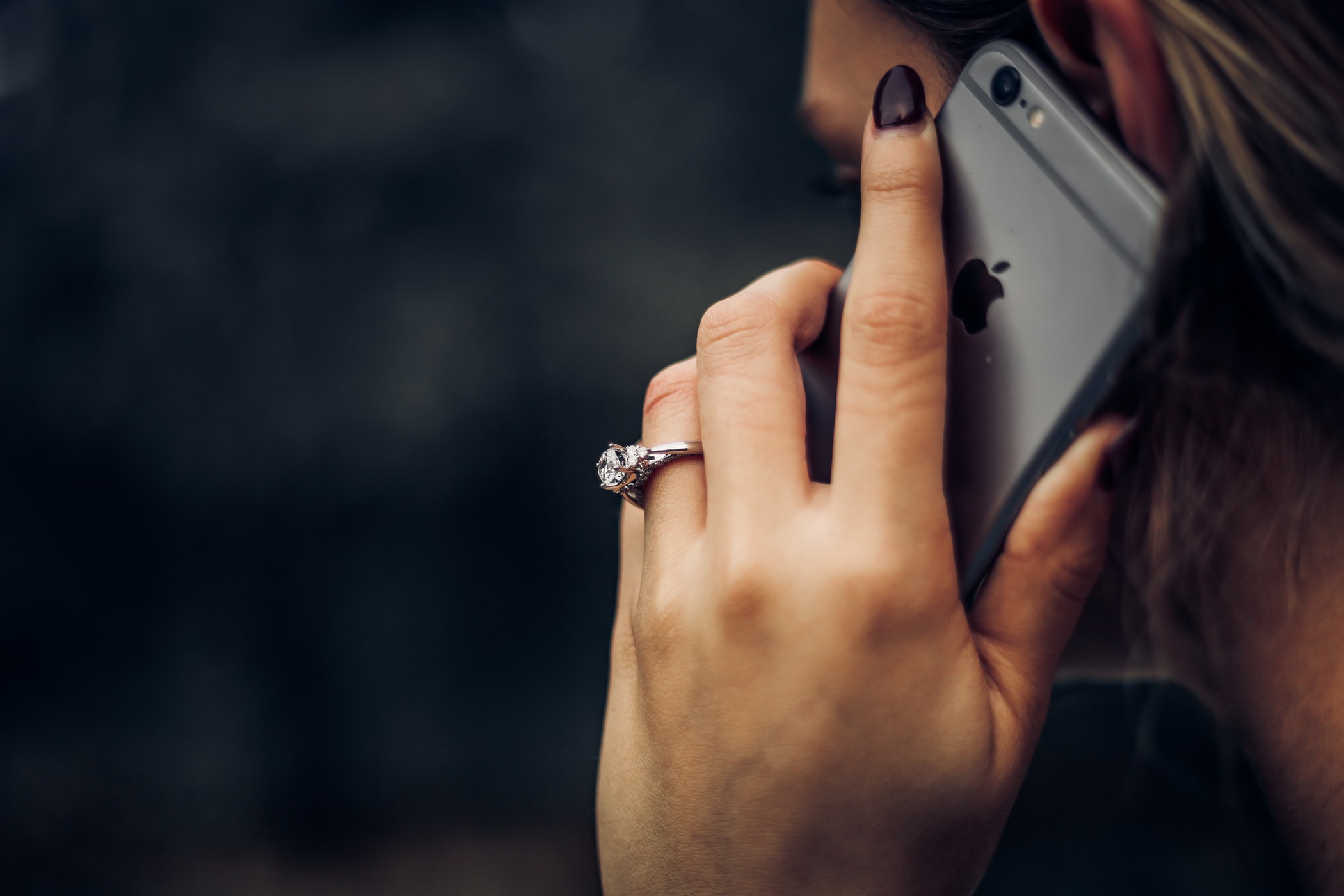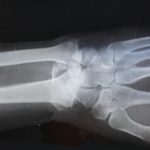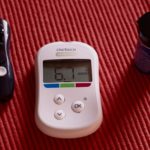An outbreak of novel coronavirus can be a stressful and challenging time. For some, the possibility of infection is a source of concern. For others, such as the elderly and those with lung disease, coronavirus represents a severe threat to their lives. Many people and organizations have taken steps to reduce the rate of transmission by switching to remote work or study, sheltering at home, and other means. For those who must still interact with the public, however, the virus remains a source of concern. The main question for those at risk of infection is: ‘What should I do if I think I have COVID-19?’
What are the symptoms of the coronavirus?
Coronavirus signs and symptoms vary significantly between individuals. One of the most alarming attributes of the novel coronavirus (SARS-CoV-2, to give it its official name) is that it may cause no symptoms at all in many infected individuals. Someone can have the virus, transmit it to others, and recover from it, all without knowing they were ever infected. In some, the symptoms of COVID-19 mimic other familiar ailments, such as a common cold or seasonal allergies. It is impossible to know whether someone has a SARS-CoV-2 infection without testing.
It typically takes between two and 14 days for symptoms to emerge following exposure. Some people may not develop symptoms until as much as 21 days post-exposure, although this is rare.
Common symptoms of COVID-19 include fever, shortness of breath, and coughing. Any new and persistent cough is cause for concern. In a minority of cases, there may also be an upset stomach or diarrhea. One symptom that’s being reported in some infected individuals is anosmia, or the inability to smell and taste. This symptom is sometimes present in otherwise asymptomatic individuals. In more severe cases of COVID-19, sufferers may develop SARS (Severe Acute Respiratory Syndrome), pneumonia, and kidney failure. The very worst cases may result in death.
When should you call a doctor?
If you’ve recently traveled to a region with high levels of infection or know you’ve been in contact with someone who may be infected, and you develop any of these coronavirus symptoms, you should contact your doctor for advice. Do not go to the doctor’s office or another medical facility in person — if you are infectious, you could make other patients and staff sick. Instead, phone or email your doctor.
Those with severe symptoms should seek care more urgently. If you are running a high fever, have an unusually low body temperature, are experiencing difficulty breathing, are displaying mental confusion, have become dizzy, or have passed out, you should arrange to visit the emergency room. It’s essential to call ahead and inform any medical facility you’re visiting that you may have COVID-19. This will allow them to prepare for your arrival. They may need to separate you from the other patients to prevent infection; staff may need to put on protective equipment. You may be asked to wear a mask to limit the possibility of infecting others.
Will you be tested for COVID-19?
If you’re in a high-risk group and are showing coronavirus symptoms, your doctor may request that you be tested for COVID-19. Whether or not testing is available will depend on a number of factors. Unfortunately, testing capacity often limited, and tests may not be offered to every patient who might be infected. In most cases, you will not need hospital care and will be able to recover at home. While you have COVID-19, you can infect other people. Don’t go to work, school, or anywhere you’ll be around other people. If you share your home with others, you may need to quarantine yourself in a separate room until you are no longer infectious. Ideally, you should use a separate bathroom. If you can’t do this, disinfect the bathroom after you use it. Wear a face mask if you need to enter shared spaces. Everyone in the household should wash their hands frequently. The best way to avoid contracting COVID-19 is to observe social distancing and hygiene recommendations during the outbreak.
Tap for recommended posts on the tags you don’t follow





